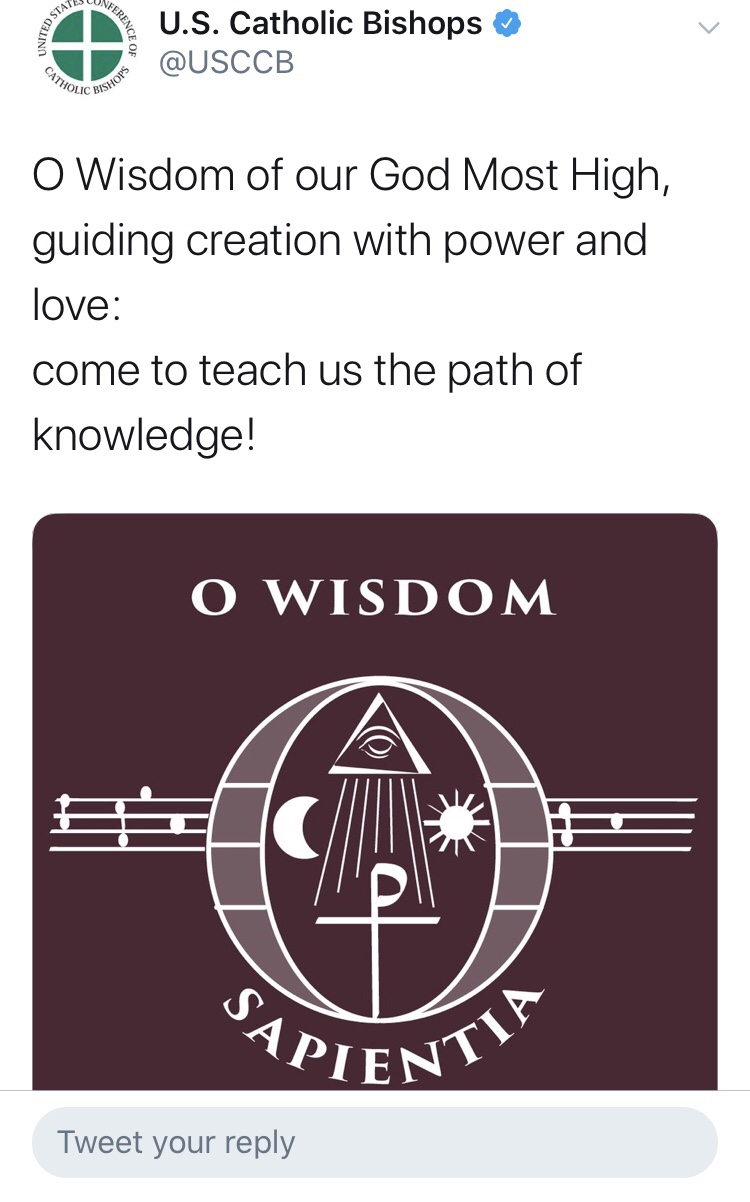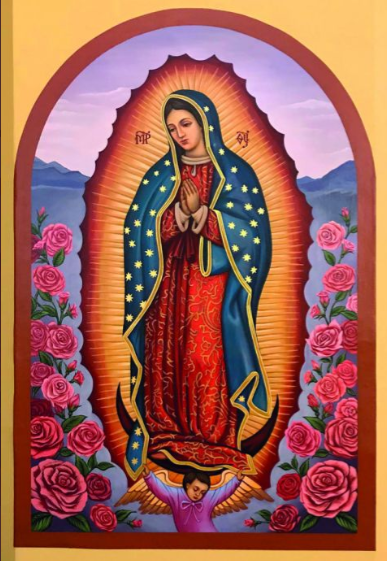I was off the grid for a few days over the weekend, and I missed a pretty major announcement from Antipope Bergoglio:
While meeting with a group of Southeastern Jesuits in Bangkok last month, Pope Francis invited their questions. One stated that they had “divorced and remarried” Catholics in their communities and asked how they are to “behave pastorally with them.”
“I could answer you in two ways: in a casuistic way, which however is not Christian, even if it can be ecclesiastical; or according to the Magisterium of the Church as in the eighth chapter of Amoris Laetitia, that is, journey, accompany and discern to find solutions,” the pontiff replied. “And this has nothing to do with situation ethics, but with the great moral tradition of the Church.” HERE
Now, some questions for Trad Inc.:
If a true pope declares a thing to be “according to the Magisterium of the Church,” can he be overruled? Can anyone stand in judgment of a true pontiff? Isn’t a true pope in fact the ARBITER of whether or not a thing is “according to the Magisterium of the Church?”
Yet we know for certain that chapter eight of Amoris Laetitia CANNOT POSSIBLY be part of the Magisterium of the Church, don’t we? Because if it were part of the Magisterium of the Church, that would mean that Adultery, Fornication, and Cohabitation could in some cases be morally permissible, and even positively willed by God? (p298, p300, p301, footnote 339, p303, p305, footnote 351)
https://nonvenipacem.com/2016/04/19/sex-lies-and-videotape/
https://nonvenipacem.com/2016/04/13/al301-and-the-dogma-of-immutability/
https://nonvenipacem.com/2016/10/26/dear-francis-perhaps-the-kingdom-of-god-is-already-pretty-awesome-without-your-meddling-in-it/
Here is the juicy bit from paragraph 303, where poor souls are called to risk eternal damnation by discerning their own subjective culpability, because it is what God himself is asking:
Yet conscience can do more than recognize that a given situation does not correspond objectively to the overall demands of the Gospel. It can also recognize with sincerity and honesty what for now is the most generous response which can be given to God, and come to see with a certain moral security that it is what God himself is asking amid the concrete complexity of one’s limits, while yet not fully the objective ideal.
Do you pledge loyalty and submission to a man who proclaims objective mortal sin to be a moral good, willed by God? Do you submit? Are you in union with him? How is it that the Standard of Unity can also be the Vector of Schism?
Or just maybe it’s time to check your base premise. Remember the Ross Douthat interview of Cardinal Burke last month regarding heresy and demon worship coming out of the Amazonian Synod HERE, where ++Burke fell headlong into this error?
Burke: But what if the pope were to put his stamp on that document? People say if you don’t accept that, you’ll be in schism — and I maintain that I would not be in schism because the document contains elements that defect from the apostolic tradition. So my point would be the document is schismatic. I’m not.
Douthat: But how can that be possible? You’re effectively implying that the pope would be leading a schism.
Burke: Yes.
Whoops! If a true pope could lead a schism from the true Church, explain to me again how Christ isn’t a liar? How have the Petrine Promises not been broken, if this statement is true? How could any of the faithful have a moral duty to pledge unity and submission to a man or to an office which is capable of such monstrous error?
Douthat: Isn’t that a deep contradiction of how Catholics think about the office of the papacy?
Burke: Of course. Exactly. It’s a total contradiction. And I pray that this wouldn’t happen. And to be honest with you, I don’t know how to address such a situation. As far as I can see, there’s no mechanism in the universal law of the church to deal with such a situation.
So Bergoglio apparently has the power to violate the law of non-contradiction? That’s amazing. Do you see where a false base premise leads? You start out with this (false) thing that you think is true, you are sure of it. So sure of it, that you re willing to take any number of other known truths, even from scripture, and doubt their validity because their validity would violate the base falsity.
If Bergoglio is true pope, you are bound to submit to heresy, in order to be in union with him, in order to be saved. How can that be true?
“…Jurisdictional power of the Roman Pontiff is both episcopal and immediate. Both clergy and faithful, of whatever rite and dignity, both singly and collectively, are bound to submit to this power by the duty of hierarchical subordination and true obedience, and this not only in matters concerning faith and morals, but also in those which regard the discipline and government of the Church throughout the world. In this way, by unity with the Roman Pontiff in communion and in profession of the same faith, the Church of Christ becomes one flock under one Supreme Shepherd. This is the teaching of the Catholic truth, and no one can depart from it without endangering his faith and salvation.” Paster aeternus 18 July 1870
Folks, THINK. How can the Standard of Unity also be the Vector of Schism?
Pope Benedict is the one and only living pope, and has been since April 2005.









